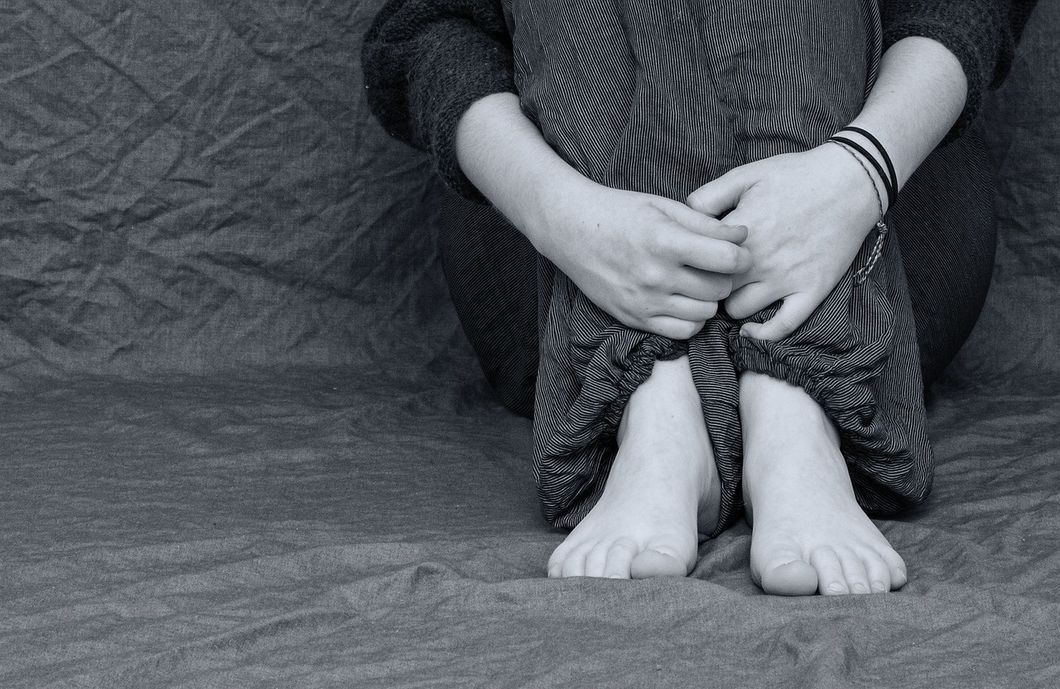Teenagers face a lot of unique pressures, such as being popular, getting asked to the school dance, fitting in with peers in person and on social media, etc...but the number one concern for teenagers across the country surprised experts and parents alike: mental health.
A new study by the Pew Research Center revealed that mental health issues - specifically, anxiety and depression - are major concerns among teenagers in the U.S., even more so than typical concerns that parents and educators might expect, such as bullying, alcohol consumption or drug addiction. Even more surprisingly, researchers found that concern about mental health issues cuts across gender, racial and socio-economic lines among teens, with equal shares of young people from vastly different communities reporting it as an issue.
As troubling as this information is, it shouldn't come as a total shock. The Centers for Disease Control and Prevention reports that about one in five youth in America struggle with a diagnosable mental, emotional and behavioral disorder in a given year. And with only 20% of young people ever diagnosed and treated, it's no surprise that rates of depression and suicide are quickly worsening at unprecedented levels.
Some experts say that adolescence is one of the most vulnerable periods of life to develop anxiety and depression due to the particular turbulence and pressure young people face in terms of academics, social popularity and online images. Researchers at the Pew Research Center found that most teens say they feel "a lot" of pressure to get good grades and to do well in their post-graduation goals, as well as to "look good" and to fit in socially.
But what's unique about teenagers and mental health today is that, in addition to pressure from their school, family and peers, a large portion of their emotional stress comes from the 24-hour news cycle that publicizes high-profile issues such as gun violence, climate change, sexual assault and poor economic futures. According to a study by the American Psychological Association, teenagers are significantly more stressed about these kinds of issues than adults are.
The good news is that young people are observed to be significantly more likely to report their mental health issues and to seek treatment for them compared to previous generations, which is most likely due to public figures sharing their own challenges and because of more open discussions in general about mental health topics. Hopefully, this trend will continue and inspire people from all generations to be vocal about mental health struggles and to not be ashamed to seek treatment.
So, what can we do? The most helpful way to support young people (and anyone else, really) who might be struggling is to educate ourselves on the warning signs and risks of mental illness, have honest conversations about mental health issues within our communities, and provide knowledge and access to mental health care and treatment option - or, more simply put, just let people know that they are not alone and that help is out there. The more we talk about and show public support for anxiety, depression, suicide and all other mental health issues, the more we pave the way to a future where no one - young, old or in-between - will have to suffer in silence again.
If you or someone you know needs immediate support, call the National Suicide Prevention Hotline at 1-800-273-8255 or text HOME to the Crisis Text Line at 741741 (U.S.) or 686868 (Canada).
















